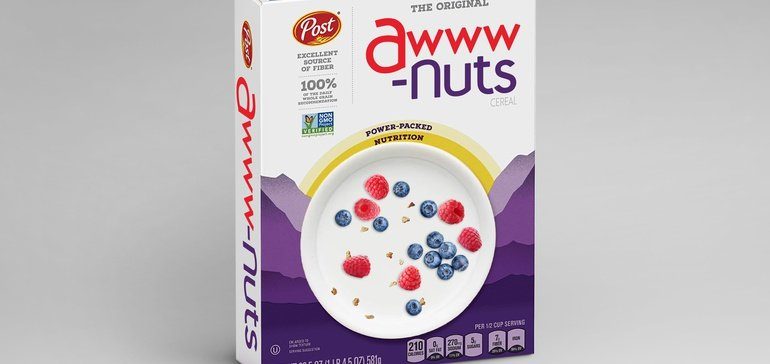Post buys TreeHouse Foods’ ready-to-eat cereal business for $85M

Dive Brief:
- Post Holdings has acquired the ready-to-eat cereal business of TreeHouse Foods for $85 million, the CPG companies said in a statement. The acquisition includes two facilities located in Lancaster, Ohio, and Sparks, Nevada; a research and development facility located in Sauget, Illinois; as well as inventory valued at approximately $30 million.
- This is the second time the two companies have agreed to a deal. In December 2019, the Federal Trade Commission challenged Post’s $110 million acquisition of TreeHouse Foods’ private label ready-to-eat cereal business because of antitrust concerns. The deal was terminated a month later.
- Post declined to comment on the current deal, despite the earlier concerns from the FTC. TreeHouse Foods did not respond to requests for comment.
Dive Insight:
After Post and TreeHouse agreed to scuttle their earlier agreement, the two sides are at it again.
The companies provided no insight as to why they are moving forward now with the transaction and what, if anything, has changed since the first time they agreed to a deal. They also did not say whether they have been in touch with the FTC.
It’s possible the lower price tag compared to the first time around signals certain assets that drew concern from the FTC are not being included in this deal, giving the companies confidence in closing the transaction. The sale to Post preserves the cereal manufacturing assets and will not result in any job cuts, with 466 TreeHouse employees moving to Post.
In announcing its opposition to the first deal in 2019, the FTC said Post and TreeHouse were two of only three significant manufacturers and distributors of private label ready-to-eat cereal in the U.S.
The FTC said the acquisition would give Post more than 60% share of a food segment that is “already highly concentrated … and eliminate the vigorous competition between them.” As a result, a purchase by Post “would remove the competitive pressure that has driven higher quality and lower priced cereals for American families.“
For TreeHouse, a sale allows the company to sell a division it has been trying to divest for months as the private label giant refocuses its portfolio under President and CEO Steve Oakland. TreeHouse completed the sale of its snacks division to private investment firm Atlas Holdings for $90 million in August 2019. This past November, it agreed to buy a majority stake of Ebro’s Riviana Foods’ U.S. branded pastas for $242.5 million, expanding its regional and national scope in the category.
The pasta deal in many ways mirrors what’s happening here in cereal. While Post is well known for brands like Fruity Pebbles or Grape-Nuts, the St. Louis company, as the FTC noted, already has a meaningful presence in private label ready-to-eat cereal.
By bulking up its presence in the space, Post is able to tap into synergies like manufacturing overlap, relationships with retailers and the procurement of ingredients. “Simply put, this deal is a win-win – protecting jobs and capacity at a time of strain due to the ongoing pandemic and increasing commodity prices,” a Post spokesperson told Food Dive.
Private label remains a popular category in the food and beverage space. While brand-name offerings are benefiting the most during the pandemic as consumers gravitate toward items they are familiar with, private label could see momentum pick up as the impact of COVID-19 eases and price increases tied to inflation makes their products more attractive to budget-conscious shoppers.
Source: fooddive.com

